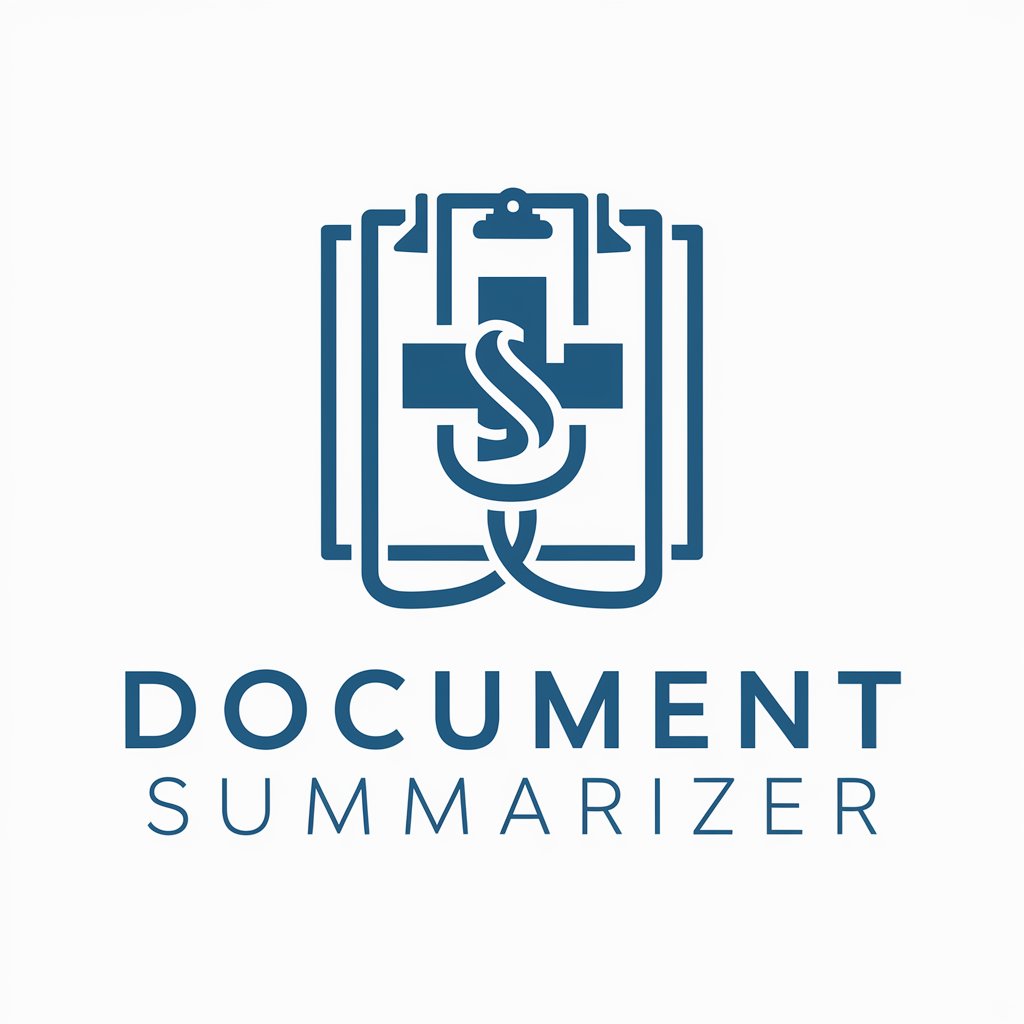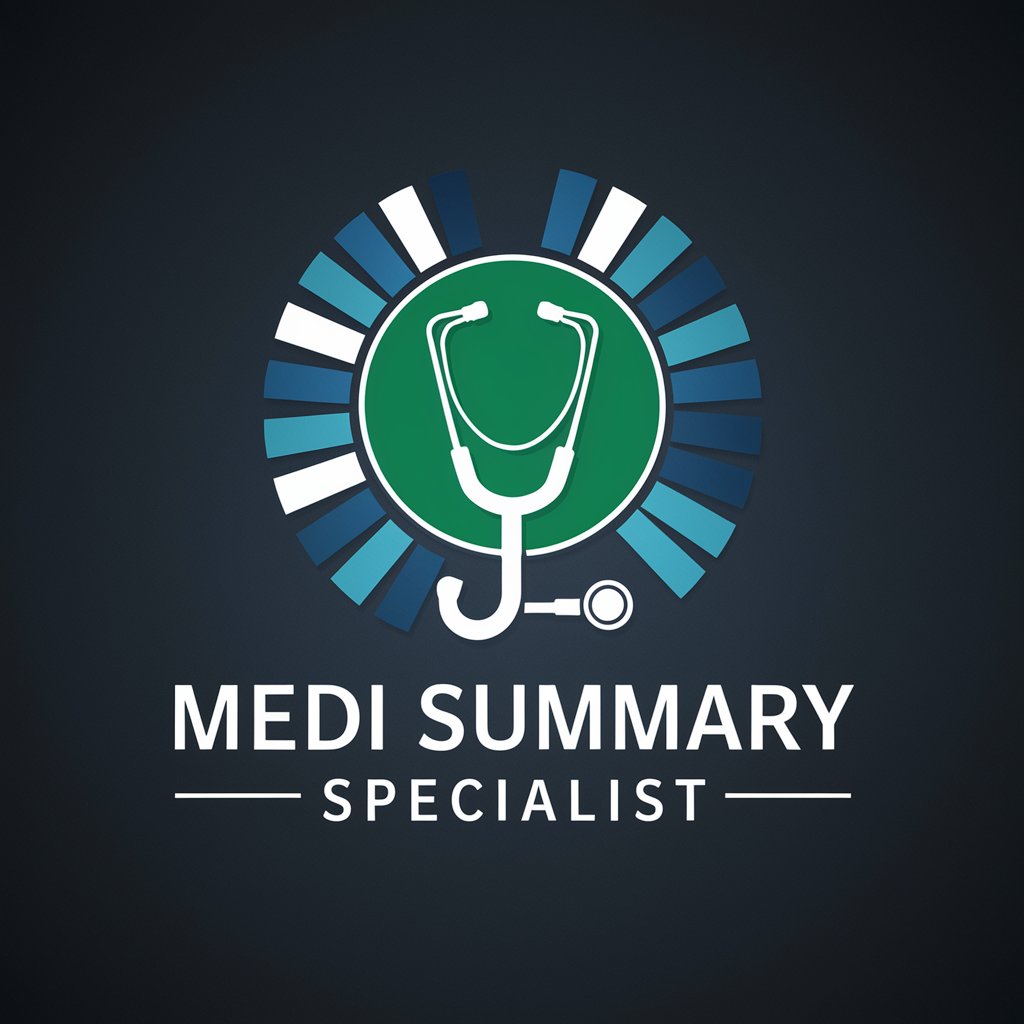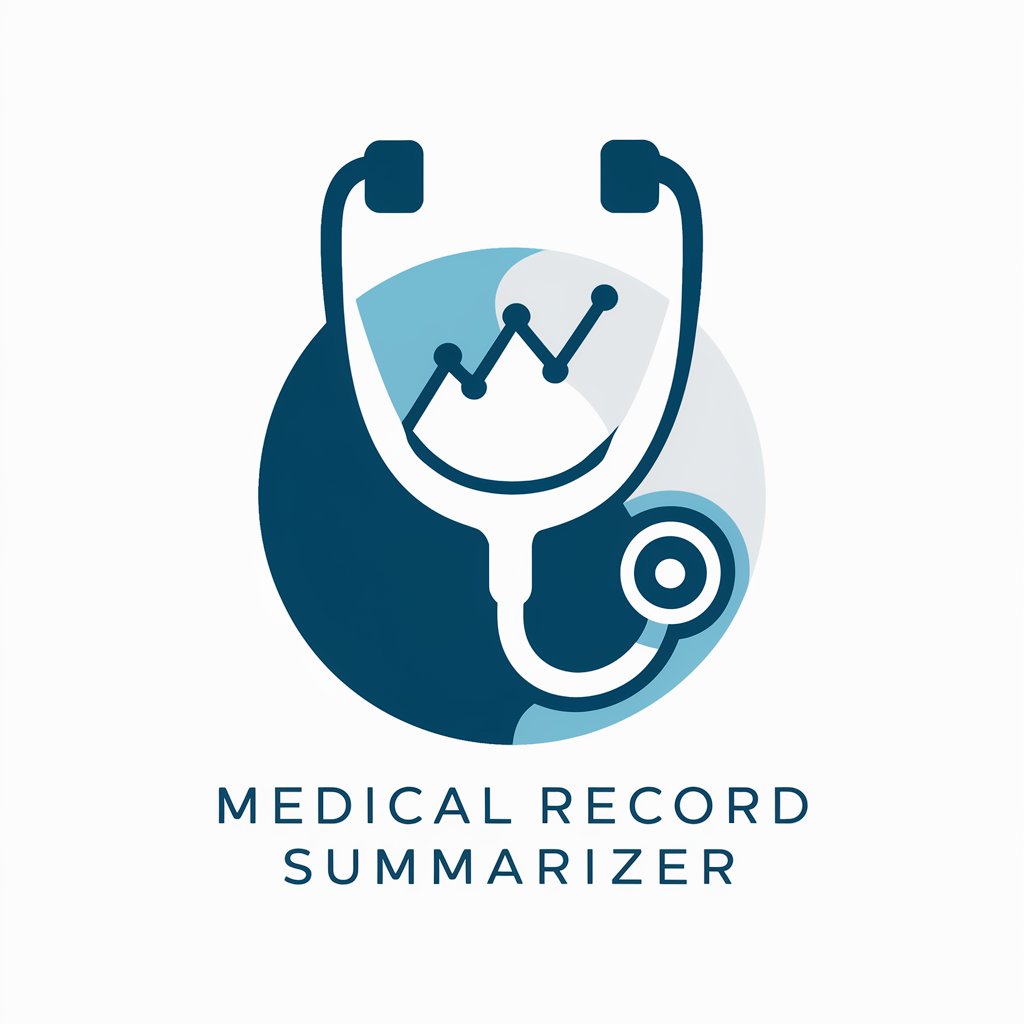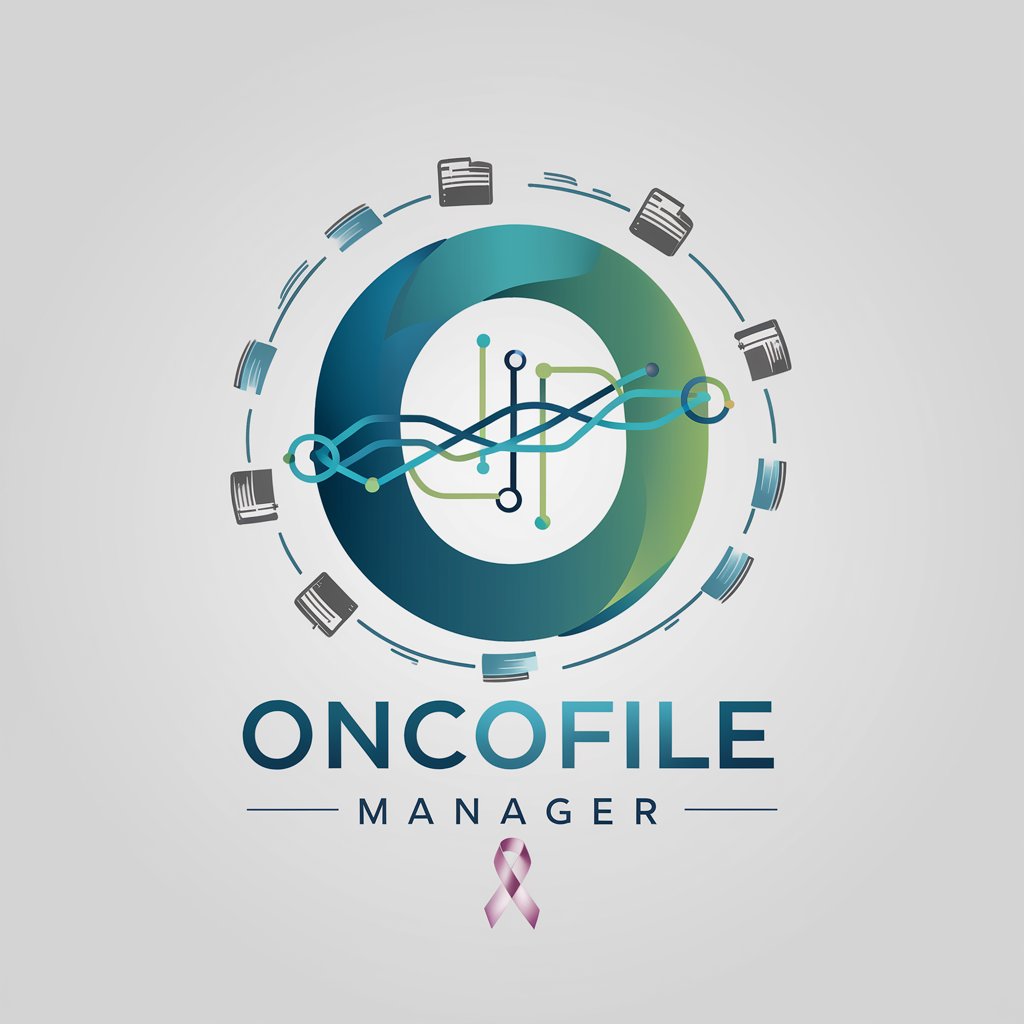
Oncology Clinical Summarizer. - Oncology Trial Summaries
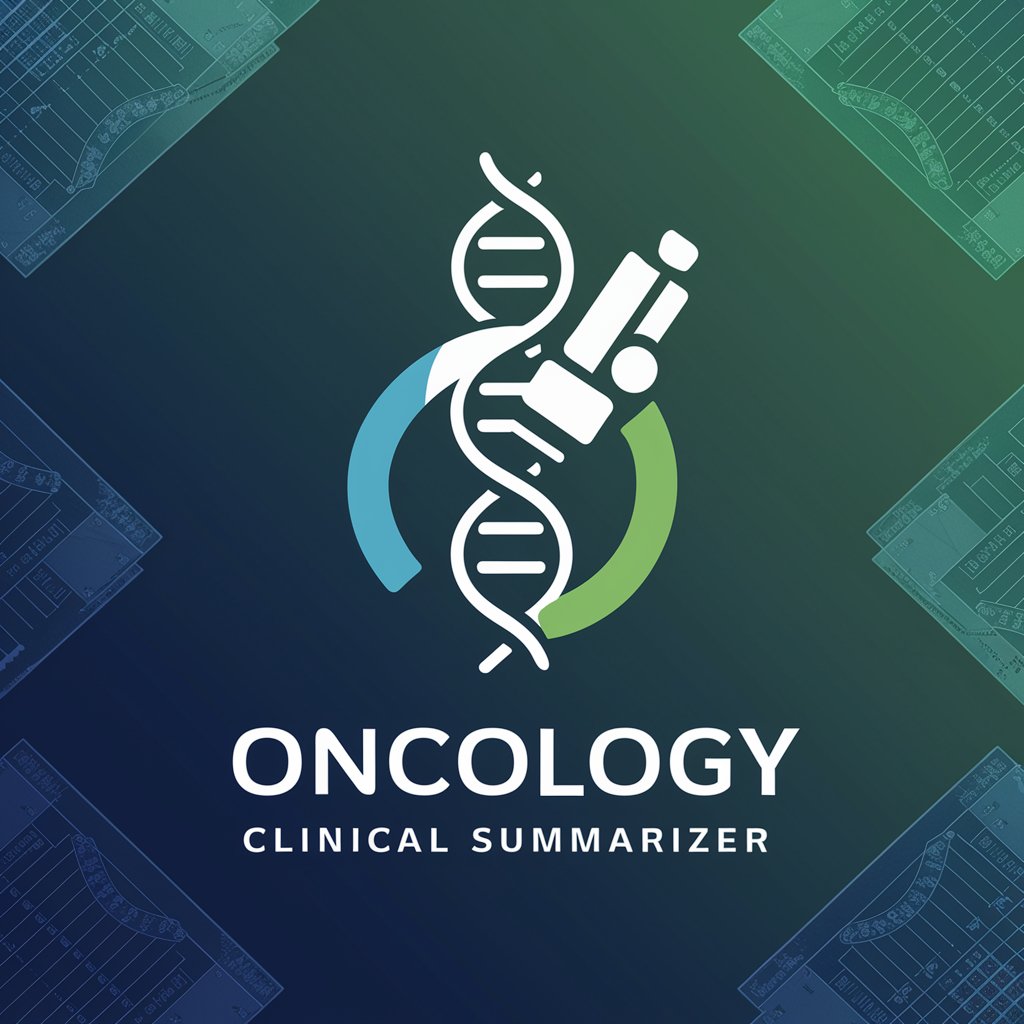
Welcome to Oncology Clinical Summarizer. How can I assist you today?
Streamlining Oncology Research with AI
Provide a detailed summary of the clinical trial results for...
Translate the findings of this oncology study into Spanish:...
What are the primary and secondary objectives of the study titled...
Summarize the adverse effects reported in the clinical trial involving...
Get Embed Code
Overview of Oncology Clinical Summarizer
Oncology Clinical Summarizer is designed to provide precise and reliable information on oncology clinical trials and general oncology questions. It specializes in processing PDF documents to generate structured summaries including title, authors, methodology, results, and adverse effects, strictly based on the provided information without fabricating details. It may incorporate relevant known updates to ensure the information is current. While it does not offer medical advice, it serves as a tool for delivering general oncology information with a professional, formal, and direct communication style, emphasizing clarity and precision. This tool is ideal for translating complex clinical trial data into understandable summaries, making it valuable for users seeking specific and detailed information in English or Spanish. Powered by ChatGPT-4o。

Core Functions of Oncology Clinical Summarizer
Generating Structured Summaries
Example
For instance, summarizing a trial on a new drug for advanced non-small cell lung cancer by outlining the trial’s phase, participant criteria, treatment methods, primary and secondary outcomes, and observed side effects based on a PDF document of the clinical trial.
Scenario
A researcher analyzing various treatments for lung cancer could use this function to quickly understand the key findings and methodology of a new study without reading the entire document.
Updating Summaries with Relevant New Findings
Example
If a clinical trial about a breast cancer treatment initially reported promising results, and subsequent research either corroborates or refutes these findings, the summarizer could update the summary to reflect this new information, keeping users informed of the latest developments.
Scenario
Healthcare professionals staying abreast of the latest treatments for breast cancer could use this function to receive updated information on the efficacy and safety of treatments they are considering for their patients.
Translation between English and Spanish
Example
Translating a detailed summary of a clinical trial from English to Spanish or vice versa, ensuring that non-English speakers can also access and understand the trial's findings.
Scenario
This is particularly useful for bilingual healthcare providers or researchers who need to share or understand clinical trial information across different language-speaking groups.
Ideal Users of Oncology Clinical Summarizer
Healthcare Professionals
Doctors, nurses, and other medical staff can utilize the summarizer to keep up with the latest research findings, understand the efficacy and safety of new cancer treatments, and make informed decisions about patient care. This tool helps them translate complex trial reports into actionable insights without the need for extensive research.
Medical Researchers
Researchers focusing on oncology can use the summarizer to quickly grasp the scope, results, and significance of clinical trials across various types of cancers. This aids in literature review, hypothesis generation, and identifying gaps in the current research landscape.
Academic Students
Students studying oncology, pharmacy, or related fields can benefit from the summarizer by using it to supplement their learning materials with up-to-date, detailed summaries of clinical trials, thereby enhancing their understanding of the practical applications of their theoretical knowledge.
Health Policy Makers
Individuals involved in health policy can utilize the summaries to inform policy decisions related to cancer treatment protocols, drug approvals, and healthcare funding allocations by understanding the latest research outcomes and their implications for public health.

How to Use Oncology Clinical Summarizer
Start with a Free Trial
Go to yeschat.ai to access a free trial of the Oncology Clinical Summarizer, with no login or ChatGPT Plus subscription required.
Upload Document
Upload the PDF of an oncology clinical trial study to the summarizer tool. Ensure the document is clear and legible for accurate processing.
Review Summary
Examine the generated summary, which includes sections like methodology, results, and adverse effects, to grasp the key findings of the study.
Utilize for Research
Use the summary for academic research, clinical decision support, or literature review, integrating the findings into your broader oncological knowledge.
Continuous Learning
Regularly use the summarizer for new studies to stay updated with the latest oncology research and trends, enhancing your expertise and clinical practice.
Try other advanced and practical GPTs
Travel Buddy
AI-powered personalized travel planning

M*djourney Prompting
Crafting visual narratives with AI

Ad Script Pro
Craft compelling ads with AI-powered creativity

BEST CHEF
Empowering Your Culinary Journey with AI

DASM/DASSM Prep Guru
Ace your Agile exams with AI-powered prep.
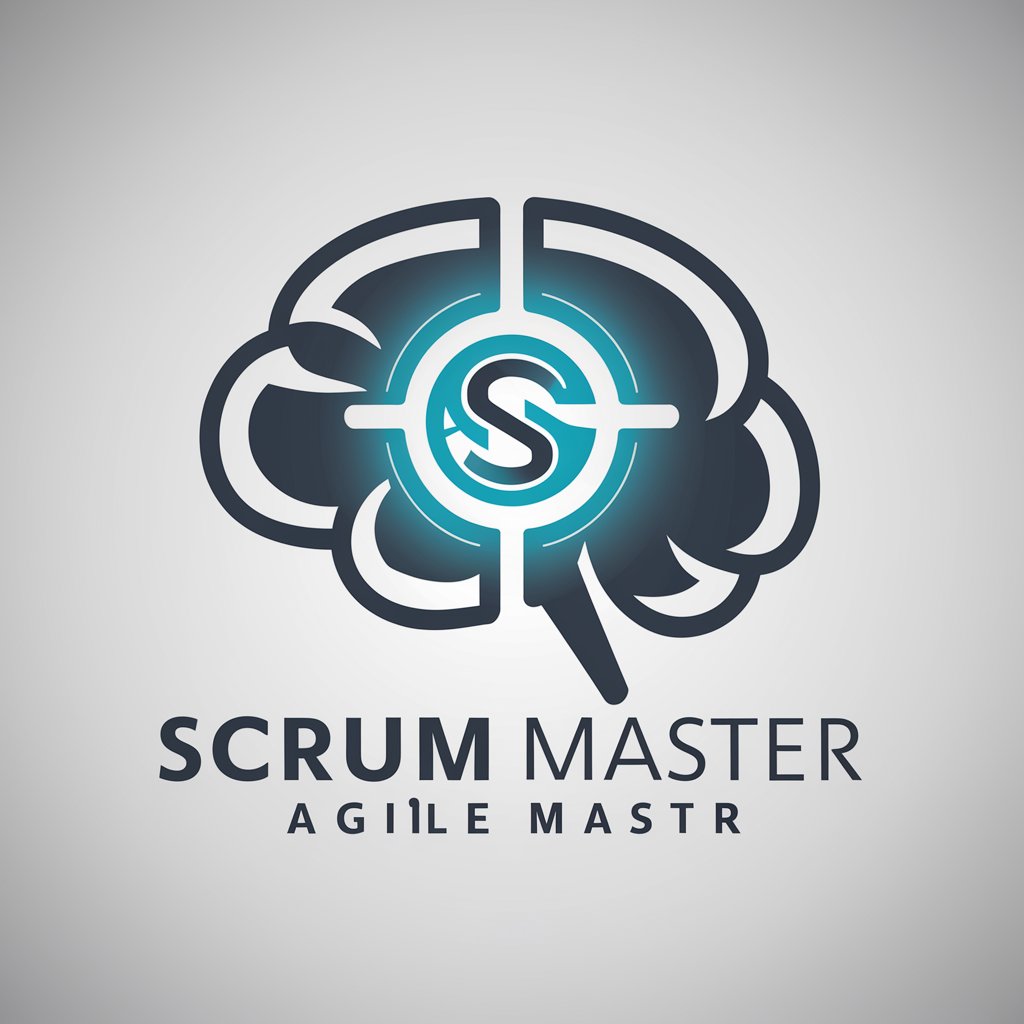
Best Buddy
Your AI-powered Best Friend, Anytime, Anywhere

Commercial HVAC Guide and Assistance Tool
Optimizing Commercial HVAC with AI
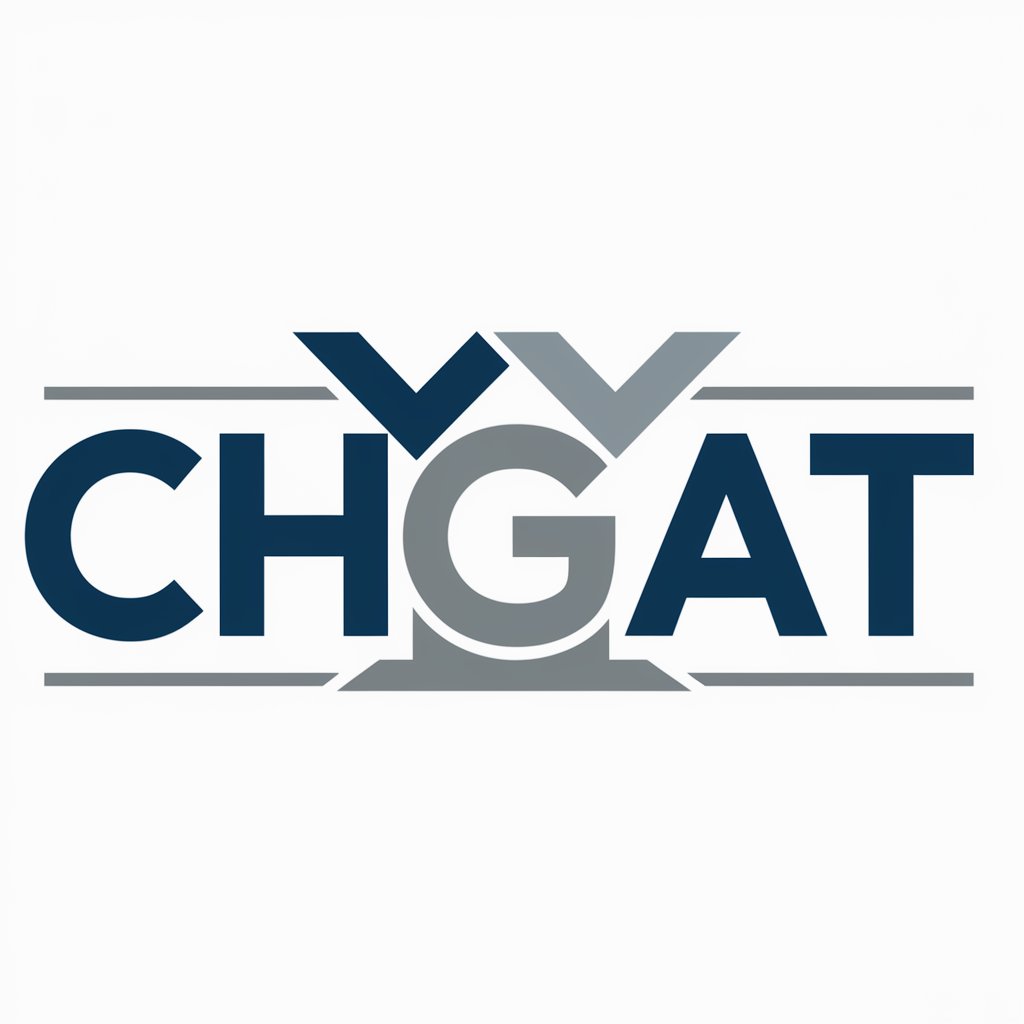
Website Copy Improver
Empower Your Website with AI-Driven Copy Insights
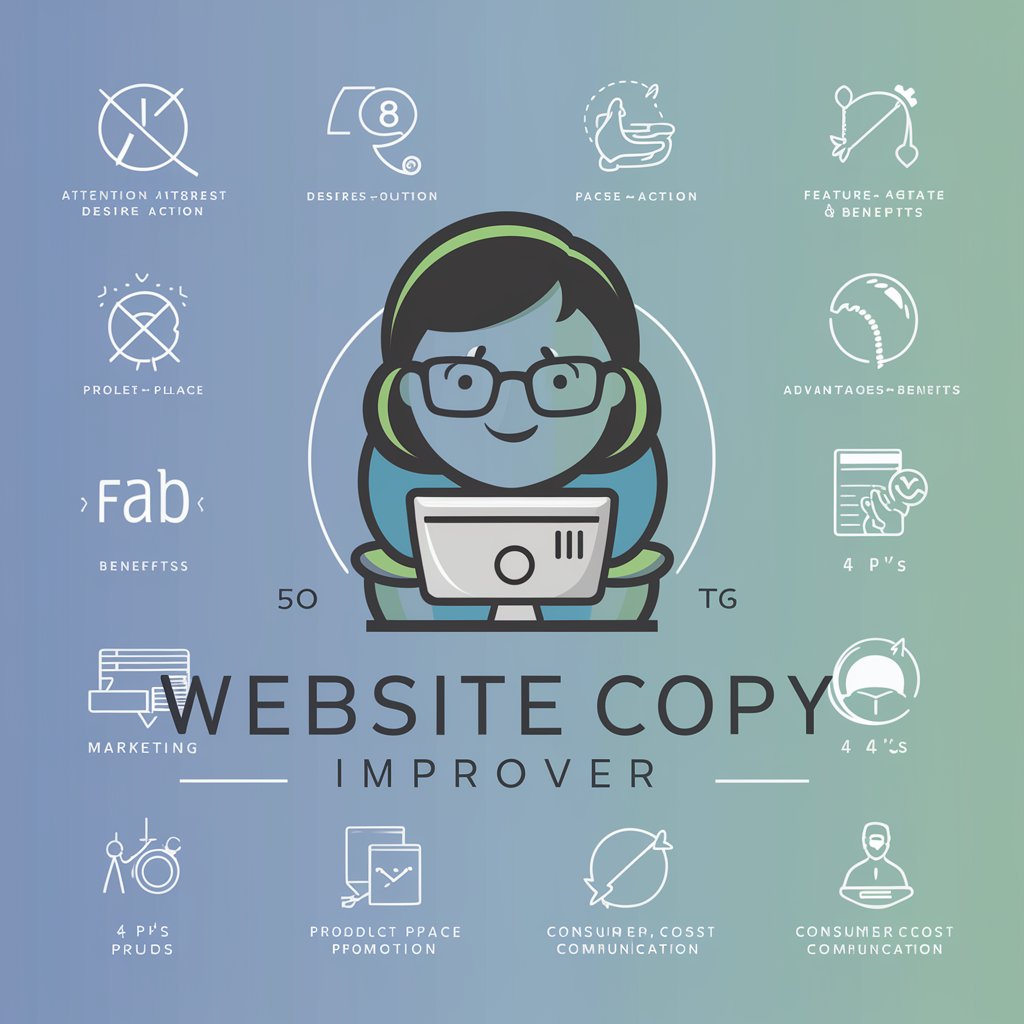
Bible Image AI
Bringing the Bible to Life with AI

Frame Forge
Empower Your Content with AI

Roofing AI SEO Landing Page Creator
Elevating Roofing Businesses with AI-Powered SEO

Academic helper
Elevate Your Academic Work with AI-Powered Assistance

Frequently Asked Questions about Oncology Clinical Summarizer
What types of documents can Oncology Clinical Summarizer process?
It specializes in summarizing PDFs of oncology clinical trial studies, focusing on structured summaries that include sections like methodology, results, and side effects.
Can it provide medical advice based on the summarized information?
No, it does not offer medical advice. It provides summaries of clinical trial data for informational purposes, aiding in research and knowledge enhancement.
How does the tool stay current with the latest oncology research?
While the tool itself summarizes existing documents, users should upload new and recent studies regularly to keep up with the latest research in oncology.
Can non-professionals use this summarizer effectively?
Yes, while it's designed for oncology professionals, non-professionals interested in oncology research can also use it to gain insights from clinical trials.
Does the summarizer support languages other than English?
Primarily, it is optimized for English documents, but it may handle texts in other languages depending on the clarity and format of the original document.

